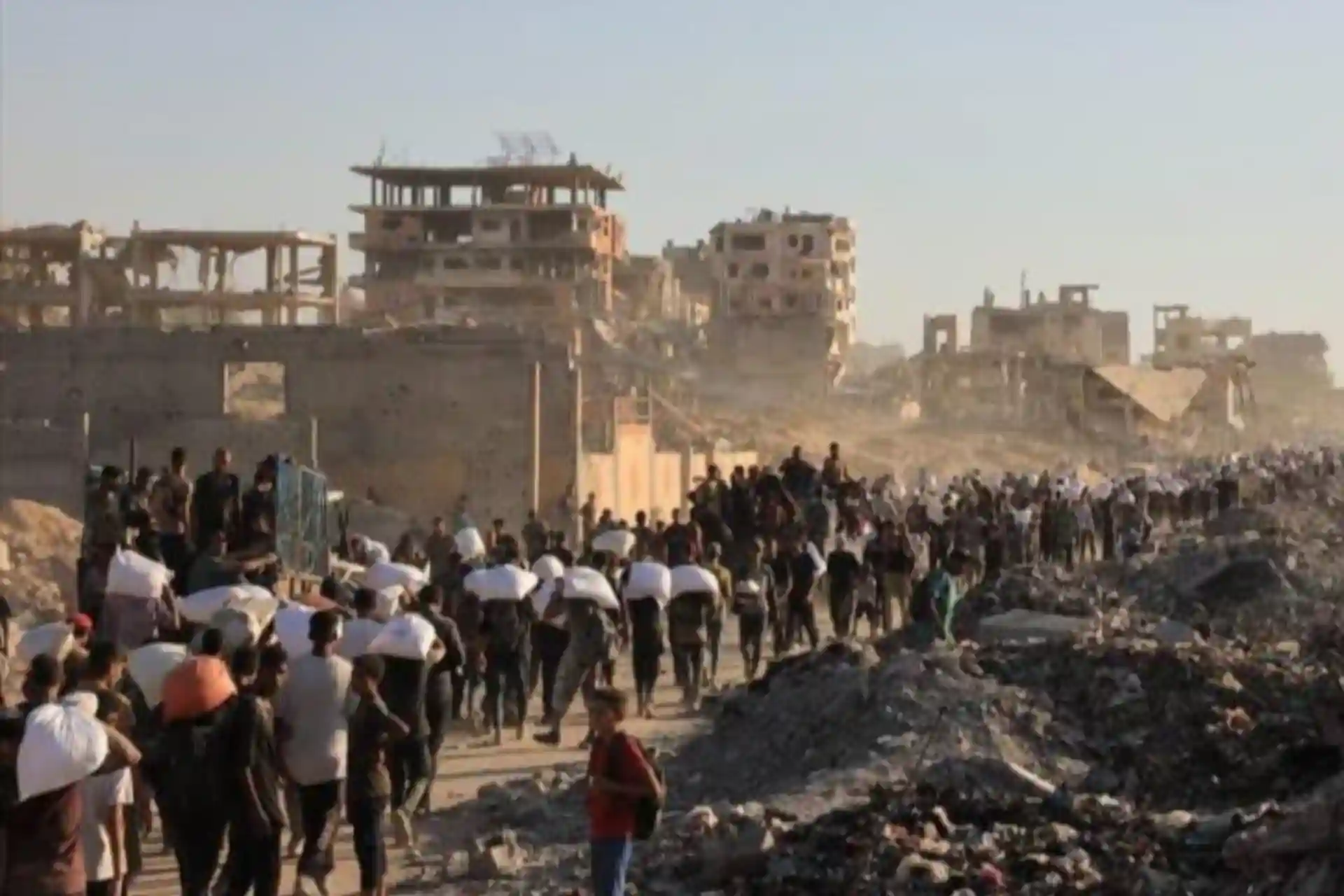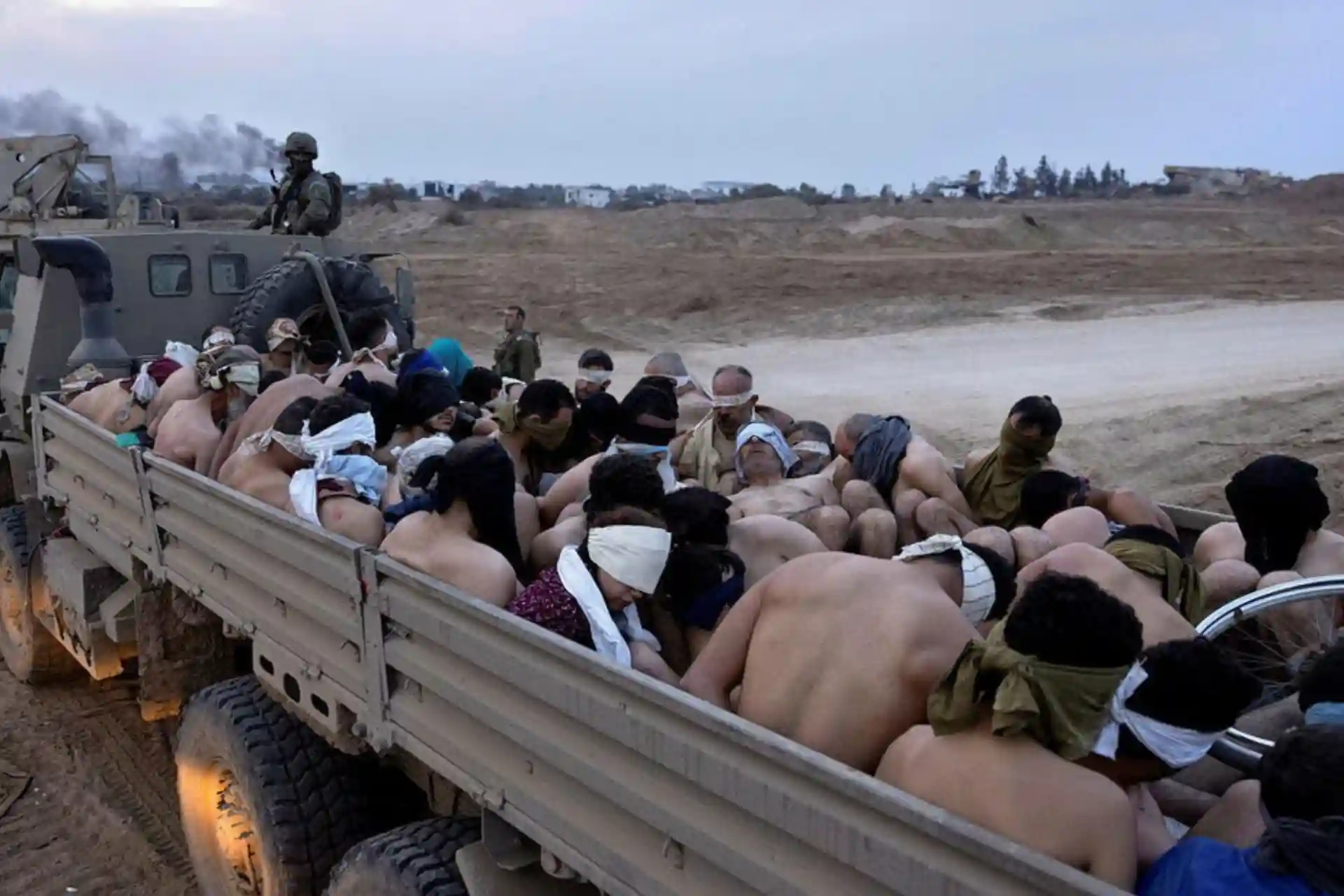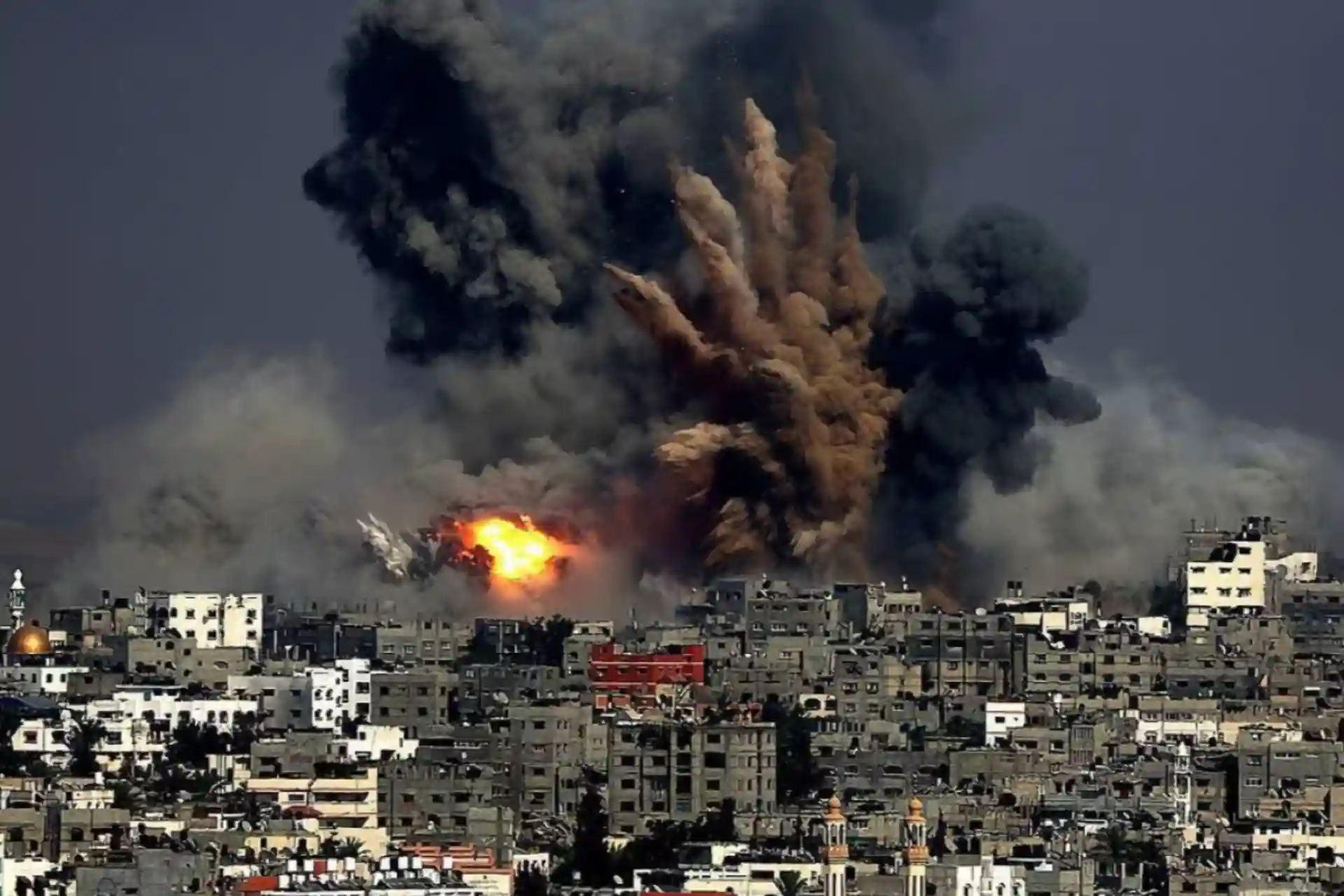07.08.2025 13:46
424
Critical Thinking: What is behind recognizing the state of Palestine?
In recent weeks, a number of countries, including Spain, Norway, Ireland, Slovenia and others, have made official statements recognizing the state of Palestine. Some are calling it a historic step. For others, it is a moral victory after decades of occupation and suffering.
But behind these diplomatic moves lie much more complex strategic interests.
A natural question arises: what are the real interests behind this wave of unexpected confessions?
A Palestinian state or a way out for the West?
First of all, it is important to understand that such recognitions do not come about by themselves. They are happening at a time when the genocidal war against Gaza is raging. In this war, Israel has not been successful, especially against Hamas. It has not been able to break the Palestinians through bombing, starvation, or forced displacement. The Palestinian people are still resisting strongly.
Faced with this failure, the West, especially those in the US and Europe, is now looking for an alternative plan. They can no longer support the idea that "Israel is defending itself." They now need an alternative proposal that will maintain political control, weaken resistance, and ease domestic social pressure. In such circumstances, recognizing a "Palestinian state" is on the agenda.
But there is a big problem: this recognized state has no clear borders, no army, and no sovereign control over its own territory. It cannot control its own air and sea areas. It cannot ensure the security of its citizens, and it lacks political unity. Basically, it is an administrative shadow under occupation, that is, not a real state.
Vindicating Europe's image
These admissions could also be a "conscience-cleansing" move by Europe. Complicity in the genocide, whether it be silence, military aid, or selective sanctions against resistance movements, has all been met with harsh public criticism. Now they are trying to "balance" the situation with symbolic steps to ease this burden. They are talking about a "two-state solution" - as if this solution is still possible. However, the real situation shows that Israel has already managed to divide and colonize so much territory that it is now difficult to put this formula into practice.
Recognizing Palestine without sanctions against Israel, without stopping arms sales, and without limiting colonialism will not change anything. It will only legitimize the diplomatic "solution," while the Israeli occupation will continue.
What if the real goal is to eliminate resistance?
Another worrying point is who is actually being recognized? Even though the Palestinian Authority is illegitimate, rife with corruption and malfeasance, and has been collaborating with the occupying regime, many countries consider the administration led by Mahmoud Abbas to be the "legitimate government" of the Palestinian people.
Perhaps the West is trying to appoint the Palestinian leadership from outside and exclude resistance movements like Hamas or Islamic Jihad? Perhaps they are trying to create an artificial, subservient "state" in their place that is not opposed to the occupation, but rather can be governed by it?
If events develop in this way, then these recognitions will not represent solidarity, but rather a geopolitical maneuver aimed at neutralizing the Palestinian people's struggle for freedom.
The trap of a lying state
The great danger is that the international community may begin to call Palestine a "recognized state," while in reality it remains an occupied, colonized, and blockaded territory. This legal illusion creates the possibility of freezing the conflict, reducing international pressure, and shifting blame for their plight to the victims themselves.
In such a scenario, the legitimate anti-colonial struggle of the Palestinians is transformed into a bureaucratic conflict between two "governments." The history of this genocide is erased, apartheid is rendered invisible, and the voices of the martyrs are silenced.
Conclusion
This wave of recognition is neither impartial, nor impartial, nor revolutionary. It is part of a global political reconstruction in the context of the moral decline of the West and the growth of Palestinian resistance. Of course, this may bring certain diplomatic benefits, but we must not deceive ourselves: true freedom will never be imposed by foreigners, but will be achieved by the determined will of the Palestinians themselves - in Gaza, in the West Bank, in exile and in the diaspora.
No recognition will be complete until the Zionist occupation regime is overthrown. No symbolic gesture will be sufficient as long as the bloodshed in Gaza continues.
Reflection
The fact that representatives of a region that is geographically located on another continent and has no direct material or physical influence on it are objectively and impartially analyzing and assessing the situation indicates that today's Palestinian-Israeli conflict is the main focus of attention not only of countries in the West and the Middle East, but also of the entire world. In the future, it indicates the possibility of causing a sharp change in the geopolitical situation and the views of the world public.
From now on, the West will no longer be the dominant force in the world as the guardian and patron of human rights, democratic values, and principles such as freedom and liberty. Europe will no longer be able to regain its former position, no matter how hard it tries.
This is probably due to the fact that in recent decades, the principles outlined above have no longer been effective in influencing states that have nuclear weapons or have a high level of military potential, based on internal conflicts and disagreements within rival states. Because one of the first reforms that Donald Trump implemented on the day he came to power was to put an end to the activities of USAID. Although USAID's official mission is to support humanitarianism and development, in reality its activities are often viewed as a tool for foreign policy influence.
The serious and large-scale sanctions packages imposed on Russia in recent years have brought almost no benefit to the United States and have shown that Russia's strategy of sowing discord from within has not worked. On the contrary, in the case of Russia, the United States now seems to have realized that it can freely bypass international norms and pursue a harsh foreign policy through military force, and is convinced that it can do so with impunity. Is it possible that the Zionist lobby organization AIPAC, which has been influencing the US government, has therefore gained US support for the implementation of the current Israeli regime's "reforms" of ethnic cleansing?
When you look at the situation from the outside and analyze it logically, these are the questions that arise.
It is true that the United States, which is far superior to Russia in terms of military potential, financial institutions, and technological capabilities, why shouldn't it put pressure on other countries around it, just like Russia?! After all, if there is no country in the world that has the power to punish the United States, and if the United States has many levers of influence over all international organizations, such as the UN...



